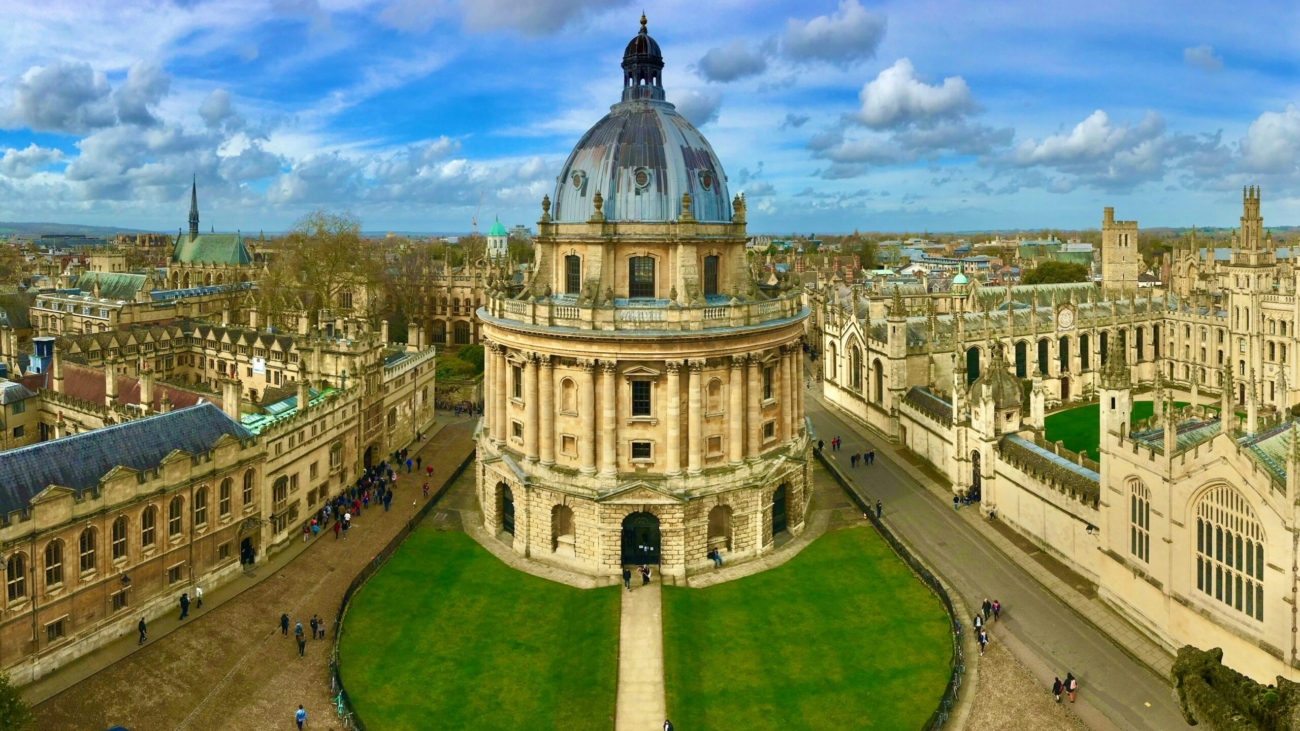Why study MBBS in the UK
Studying MBBS in the UK can be an exciting and life changing experience for you, as the UK offers a lot of benefits and opportunities as compared to other countries such as the USA, Australia or Canada.
Here are some of the reasons of why you should pursue your medical degree in the UK
- The average salary of a doctor in the UK is around 70% more than that of any other medical professional.
- The salary of a doctor in the UK is around 70 L per annum, which ranks in the highest paid salary in the world.
- The duration of MBBS in the UK is 5-6 years, which is less as compared to the USA where it takes about 7-9 years.
- Also, after completing your MBBS degree in the UK, you will not be required to give the Foreign Medical Graduate Examination to practice in India.
Top 10 Medical Colleges in the UK for Indian Students
We will explore not only the academic aspects of each institution, but also the unique cultural and educational experiences for you in the UK, as we navigate through the complexities of each institution.
The journey is not only about acquiring knowledge, but also about personal growth and global exposure, from the ancient halls of learning to the vibrant medical community.

The United Kingdom is home to more than 45 universities listed in the world’s top 600 medical institutions and distributed across cities like London, Liverpool, Glasgow, etc. This is why choosing the best medical colleges in the UK is not a difficult task.
Below is a list of colleges to study MBBS in UK along with cost of MBBS in UK
| Universities | Average Annual Fees (INR) |
| University of Oxford | 24L |
| University of Cambridge | 55L |
| University College London | 42L |
| Imperial College London | 48L |
| University of Edinburgh | 29L |
| King’s College London | 47L |
| University of Manchester | 36L |
| University of Glasgow | 56L |
| Newcastle University | 40L |
| Queen Mary University of London | 46L |
Course Structure for MBBS in the UK
The MBBS curriculum and structure differ slightly from India’s in the United Kingdom. An MBBS degree, which qualifies the student as a doctor, is awarded here, as Bachelor of Medicine or Bachelor of Surgery. In the United Kingdom, a minimum qualification is required to practise medicine.
- Basic sciences, including anatomy, physiology and biochemistry, are covered in the first two years, while basic clinical skills are introduced. Clinical rotations in different specialities, enhancing practical skills and exposing students to real-world patient care are part of the next three years.
- Specialisation or research may be allowed for optional elective periods and intercalated years. The last year is devoted to preparing students for a career in medical practice, including the evaluation and award of an MBBS diploma.
- To ensure a smooth transition into professional practice, doctors must undergo training for two years of rotations in various specialities.
The overall structure, which emphasises balancing theoretical knowledge with hands-on practical experience, complies with standards set by the General Medical Council.
Eligibility Requirements
To be eligible for MBBS in the UK, you must meet the following requirements:
- Minimum age of 18 years
- Completion of 10+2 or equivalent with at least 80% aggregate marks in Physics, Chemistry, and Biology
- Minimum score of 50th percentile in NEET-UG exam
- English language proficiency test score (IELTS/TOEFL/PTE)
- Other entrance exams such as UKCAT, BMAT, or GAMSAT may also be required depending on the university.
Admission Process for MBBS in the UK
The admission process for MBBS in the UK for Indian students begins with checking the eligibility criteria set by the respective universities. The general eligibility requirements for Indian students include
- Qualifying for the BMAT or UKCAT entrance exams (depending on the university).
- Once you have checked and met the eligibility criteria, you can apply through the UCAS (Universities and Colleges Admissions Service) platform. However, some universities may require you to apply through their official website.
- You will also need to submit your academic transcripts, English language proficiency test scores, and other required documents during the application process.
- After submitting your application, you may be invited for an interview, which may be conducted online or in person.
- If you pass the interview, you will receive an offer letter from the university. You must accept the offer and pay the tuition fee to confirm your admission.
Highest-paying Medical Jobs in UK
Completing an MBBS in Uk can open up exciting career opportunities within the medical field. The comprehensive education and training provided by the program prepare graduates to pursue a variety of rewarding and fulfilling career paths.
From clinical practice to research and academia, the possibilities are virtually limitless for those who complete their MBBS in the UK.
Here is a list of job opportunities after MBBS in UK
| Job Profile | Average Annual Salary (INR) |
| Medical Director | 11 crores |
| Neurosurgeon | 10 crores |
| Anaesthetist | 10 crores |
| Plastic Surgeon | 98.01L |
| Psychiatrist | 93.67L |
Cost of Studying MBBS in the UK
Depending on the university, location and individual lifestyle choices, cost of MBBS studies in the United Kingdom can differ. The cost of tuition, living expenses (which may vary depending on the city you choose to live in) and other miscellaneous expenses should be considered.
The cost of studying MBBS in the UK can vary depending on the university and program you choose. On average, the tuition fee for an Indian student is around INR 30-50 lakhs per year.
Cost of living in the UK
On average, the cost of living for an Indian student in the UK is around INR 1 L-1.2L per month, which includes accommodation, food, transportation, and other expenses. This can vary depending on the location and type of accommodation you choose.
It is important to budget accordingly and take advantage of student discounts and other cost-saving measures.
| Expenses | Cost (INR) |
| Accommodation | 7L |
| Food | 2L – 3L |
| Transportation | 70k – 80k |
| Utilities | 2L – 2.5L |
| Miscellaneous | 1L – 2L |
Scholarships for MBBS in the UK
In the United Kingdom, universities offer a variety of scholarships to Indian students including other international students. These are awarded based on various criteria, including academic merit, financial need, and extracurricular achievements.
Some scholarships provide fee waivers or funds to ease the financial burden of studying abroad. It’s important to research and apply for scholarships that fit your qualifications and needs to increase your chances of receiving financial assistance.
Listed below are some of the scholarships
| Scholarships | Award (INR) |
| Chevening Scholarship | 17L |
| Rhodes Scholarship | 14L |
| Global Health Future Leader Scholarship | 2L – 2.5L |
| Imperial College Faculty of Medicine Scholarship | 94k |
| Hull York Medical School International Scholarship | 8L |
MD/MS after MBBS in the UK
A common pathway for medical professionals seeking advanced specialisation in the United Kingdom is to pursue a Doctor of Medicine or Surgery after completing MBBS. After getting an MBBS degree, students often pursue postgraduate studies in a specific medical field.
Medical postgraduate training in the United Kingdom usually entails a programme leading to membership in the Royal College of Physicians and Surgeons, MRCP or MRCS, depending on the speciality chosen.
This rigorous training includes a combination of theoretical learning, clinical rotations, and examinations. This is intended to ensure that doctors are given the necessary skills and experience in their chosen field to perform at an advanced level.
After the completion of MD/MS program in the UK can lead to numerous career prospects, such as working as a consultant for the National Health Service (NHS), pursuing research opportunities, or embarking on an academic career.
Summing Up
When choosing the best MBBS college in the UK, you must consider campus, education quality, fee structure, etc.You must understand how to apply for the admissions, eligibility, and other aspects covered here.

Add a Comment